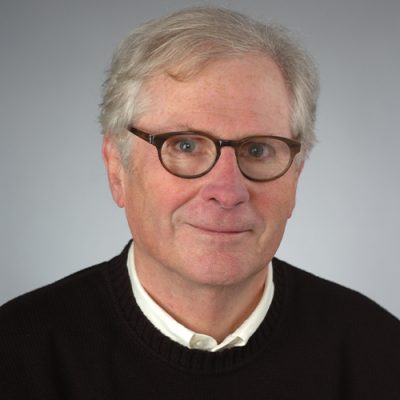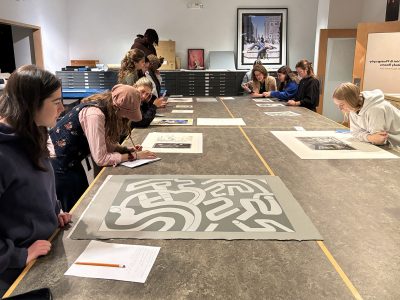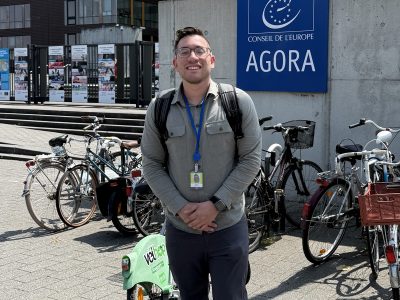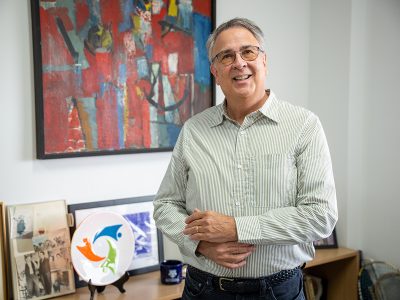Study: Pandemic Policies Linked to Overdose Spike
Drug overdose rates skyrocketed in the United States during the first year of the COVID-19 pandemic. According to the National Institutes of Health, more than 92,000 people died due to overdose in 2020. Public health experts worried early in the pandemic that lockdowns and other measures to control the spread of the virus could lead to more overdoses.
In work that was recently published in the “American Journal of Public Health“, Syracuse University researchers quantify how much the pandemic measures and economic policies impacted those rates. The findings provide answers to lawmakers and health leaders about future health policies and the unintended consequences that come with certain health measures, even if those measures were intended to save lives.
Maxwell School of Citizenship and Public Affairs faculty members and Lerner Center for Public Health Promotion and Population Health researchers Douglas Wolf, Shannon Monnat, Emily Wiemers, Jennifer Karas Montez and Yue Sun led the study, while former Syracuse postdoctoral student Xue Zhang and National Institute on Drug Abuse program scientist Elyse Grossman also contributed.
Professors Wolf and Monnat sat down to discuss the main findings of the work.
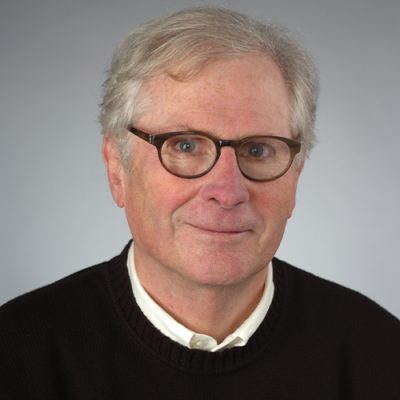
Q: What were the key findings that you discovered in this study?
Douglas Wolf: There are three main conclusions supported by this study:
1. The increases in drug overdose mortality observed in many states during the early months of the COVID-19 pandemic appear to have been exacerbated by state policies intended to control the spread of the virus—policies that restricted in-person activities, travel and business;
2. State policies intended to mitigate the economic impacts of the pandemic—for example, expanded unemployment benefits—appear also to have reduced drug overdose mortality; and
3. While the two types of policies had opposite effects, no states imposed economic support policies sufficient to fully offset the harmful consequences of the restrictions on individual and business activity.
Q: Did lockdowns have an unintended consequence of increasing drug overdose deaths?
Wolf: Yes, lockdown policies appear to have contributed to an increase in drug overdose deaths. This could have occurred due to loss of employment and income, adverse mental health outcomes, reduced access to treatment and harm reduction services, an inadequate supply of EMS responders, reductions in interdiction of illicit drugs or an increase in solitary drug use.
Q: Do you find any examples of economic support policies that worked better than others in reducing overdose rates?
Wolf: No, we are unable to separate the effects of expanded unemployment benefits and moratoria on evictions and foreclosures, which were the two main types of economic support policies.
Q: How can public health officials best address the needs of people struggling with addiction during public health emergencies like the pandemic?
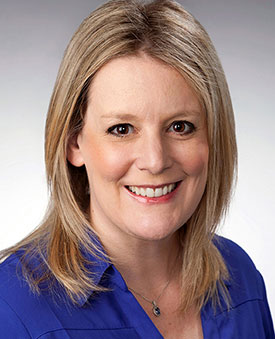
Shannon Monnat: Crises in general, not just the COVID-19 pandemic, tend to amplify the risk factors for overdose. In the short term, reducing overdose risk among people who are already struggling with substance use disorders requires ensuring widespread and easy access to Narcan–the overdose reversal drug. However, we can’t Narcan our way out of the drug overdose crisis. The most forward-thinking and effective strategy to reduce overdoses in the long term is to reduce the upstream social and economic factors that lead people to use drugs and become addicted. At its core, this means making sure our society is set up in a way that provides opportunities for people to engage in activities–work, family and community–that bring purpose and meaning to their lives.
Q: Four years later–what are the biggest takeaways from your work that could be applied to the next pandemic response?
Monnat: As with all policies, there are tradeoffs. Our finding that restrictive policies were associated with larger increases in drug overdoses must be considered within a broader context of their reductions in COVID-19 mortality. These policies certainly saved lives. People who would have otherwise contracted and died from COVID lived because these policies reduced disease spread. We should all be grateful for that. But we must also acknowledge that some of these policies had the unintended consequence of cutting other lives short. The challenge for policymakers is to find the ideal balance that will save the most lives possible.
You can view the entire research paper and the team’s research briefing.
To get in touch with researchers or to get more information, please contact:
Daryl Lovell
Associate Director of Media Relations
University Communications
315.380.0206
dalovell@syr.edu | @DarylLovell
Chris Munoz
Media Relations Specialist
University Communications
315.278.5566
cjmunoz@syr.edu
